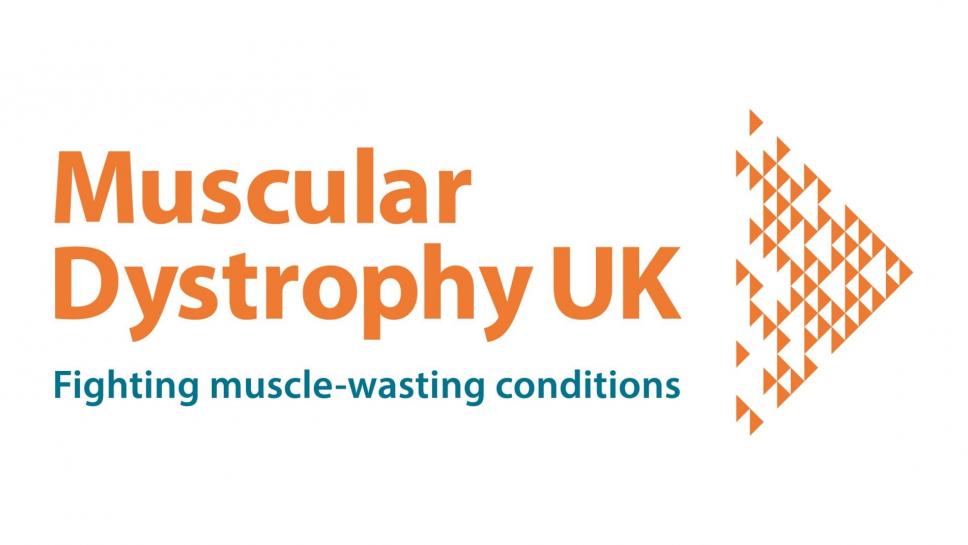
Lucy Frost, 38, whose son George Tappenden (age six) has SMA Type 2, went to Parliament recently (24 January) for Muscular Dystrophy UK’s first-ever Fast Track event. The event – held as part of the charity’s Fast track campaign – brought together people with muscular dystrophy, their MPs, representatives from the pharmaceutical industry and the National Institute for Health and Care Excellence (NICE).
Lucy and other families affected by muscle-wasting conditions met MPs, and heard how lengthy and unnecessary delays to the UK’s drug approval process is putting lives at risk. As many muscle–wasting conditions progress rapidly, fast access to treatment is crucial.
Lucy is backing Muscular Dystrophy UK’s Fast-Track Campaign, which is calling for:
- The NHS to be given more powers to negotiate good deals with pharmaceutical companies, to help streamline access to treatments
- A more appropriate NICE assessment model for rare disease drugs like Spinraza
- Early access schemes, which bring treatments to patients faster, to be implemented as soon as possible
Lucy, from Tunbridge Wells, said:
“SMA is a cruel condition that takes away your ability to do the things we all take for granted. Knowing there is a treatment out there that could make life a little easier for George has given me renewed hope. Getting access to Spinraza could be life-changing for him. My fight won’t stop until I secure a brighter for my son.”
Last week, people with the devastating muscle-wasting condition Spinal Muscular Atrophy (SMA) were given fresh hope with the announcement of a scheme which could give them access to vital treatment earlier than expected. The scheme would give families, like Lucy’s, access to Spinraza – the first and only treatment for SMA – while it is being assessed for funding on the NHS by the National Institute for Health and Care Excellence (NICE).
For babies with the most severe SMA type, life expectancy without access to the drug is rarely more than two years. However, the interim scheme does not guarantee access to treatment in the long term.
Nic Bungay, Director of Campaigns, Care and Information at Muscular Dystrophy UK, said:
“For families like Lucy’s, who live with the effects of muscle-wasting conditions, every day counts. Time and again we’ve seen how the UK lags behind other countries in Europe when it comes to getting life-saving treatments to patients as quickly as possible. With new treatments for muscular dystrophy on the horizon, we must tackle the barriers that prevent them getting to patients like George.”
The charity is warning that while more rare disease drugs, like Spinraza, are reaching the market, patients will continue to face agonising waits to access them without urgent reform to the drug approval process.
For more information on the campaign, visit www.musculardystrophyuk.org/fast-track.
